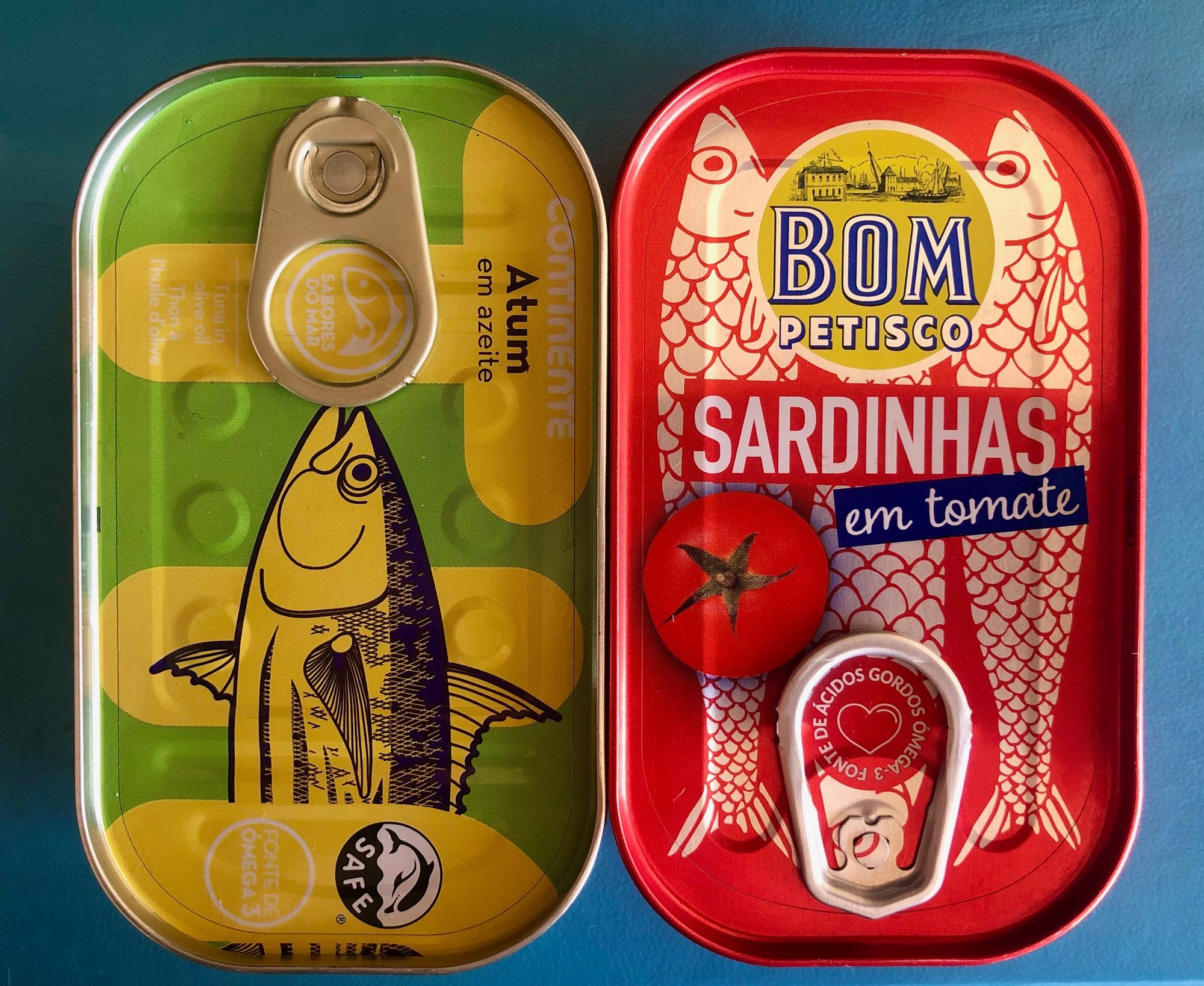Unit 8 - Problems & Exercises
Multilateral Trade Core Principles & Exceptions (GATT/WTO Articles 10 & 11: Non-Tariff Barriers (NTBs) & Technical Barriers to Trade (TBT) Agreement

On a preliminary basis, how would you articulate a rule prohibiting NTBs on the basis of the Sardines case? When you look closely, the EU seemingly has some problems explaining why it defined only “EU adjacent” coastal small smoked fish species as “sardines” as it did in the name of consumer protection, but is this simply an “evil intent” case? And why does it matter whether Peruvian products might be labelled in German and French grocery stores as “small smoked fish,” as opposed to “Peruvian sardines”? Why should not the German Hausfrau be entitled to buy local from the North Sea?
What is the relationship of this EU sardine identification regulation to the TBT Agreement, and is the rule simply comply with the TBT Agreement (so what are its requirements?) and absent proof of evil intent you can do whatever you want to in the name of labeling for consumer protection purposes?
Reread the Technical Barriers to Trade (TBT) Agreement for discussion in your student groups and formulate in your group what is its definition of a “regulation,” and what makes a regulation permissible or impermissible in trade law terms? How many different classes or approaches to regulation can you image in the import setting, for both goods and services? (We shall look at it next week, but the TBT Agreement should be understood in part in comparison to the Sanitary and Phyto-Sanitary or SPS Agreement mostly addressing food safety, because they are by definition mutually exclusive-- you might want to go ahead and read both the TBT and SPS Agreements together, although we shall only discuss the SPS Agreement next week.)
Then look as discussion cases at:
EU Ecolabeling & Tropical Timber
German Packaging Law
German Auto Recycling Law
Malaysia: Labelling Regulations on Condoms
To what extent do some or all of the above cases involve impermissible NTBs? How would you work each of these discussion cases under the TBT Agreement (read them all, but we shall distribute them among four different groups for presentation purposes). How can you effectively define what constitutes an NTB, other than just noting that it is not a tariff and makes it harder to sell foreign goods or services?